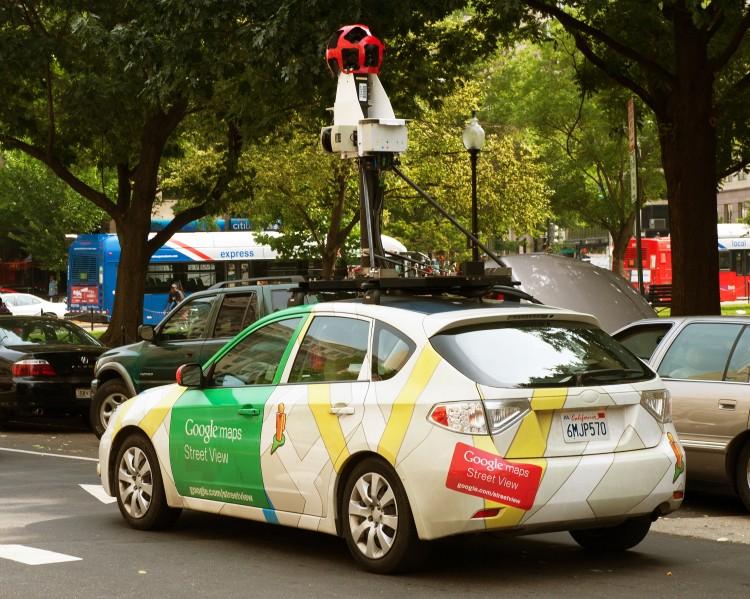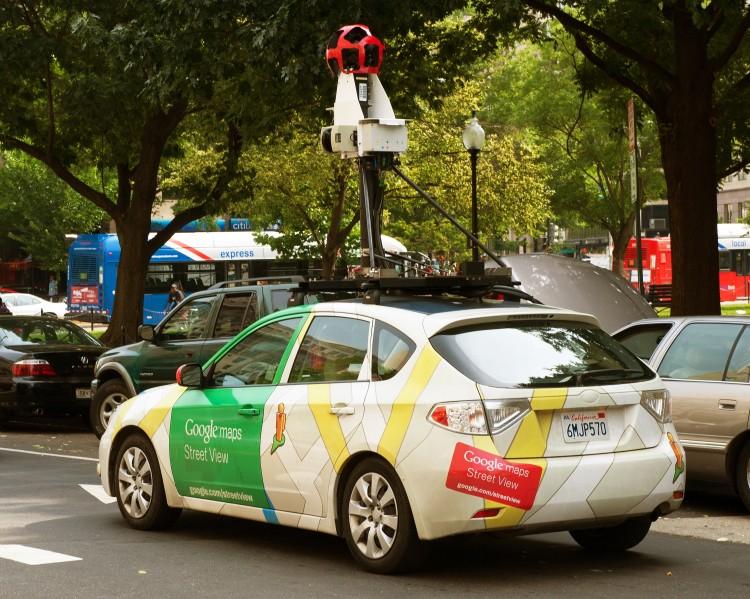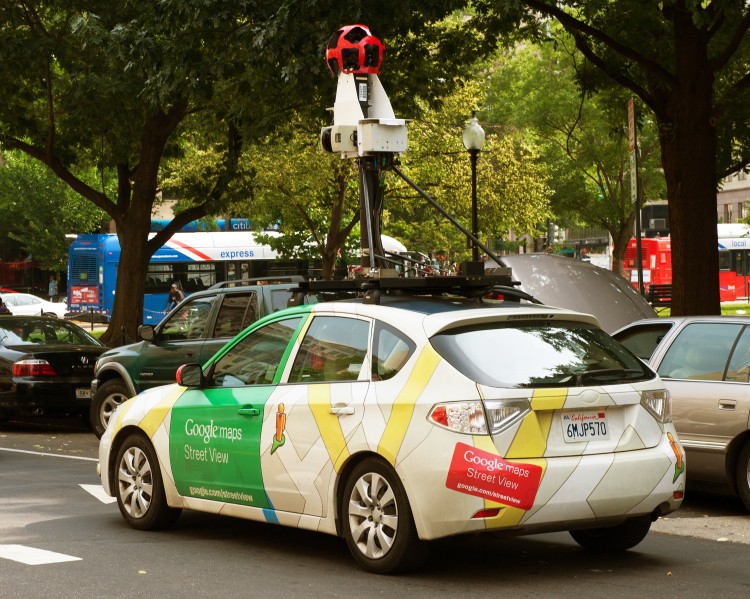Google was brought to book in a privacy case initiated by 38 U.S. states. The case accused Google of unauthorized collection of email addresses, passwords and other confidential details during the Street View mapping project, as it passed through neighborhoods from early 2008 to spring 2010.
Google has admitted to collecting data from unsecured wireless networks, in homes and businesses, as it photographed for the project. They blamed it on a code inserted into the program by an engineer mistakenly.
“We work hard to get privacy right at Google. But in this case we didn’t, which is why we quickly tightened up our systems to address the issue,” said Niki Fenwick, Google Spokeswoman, on Tuesday.
“The project leaders never wanted this data, and didn’t use it or even look at it. We’re pleased to have worked with Connecticut Attorney General George Jepsen and the other state attorneys general to reach this agreement.”
Settlement
Google has agreed to destroy the collected emails, passwords, and web histories. As part of the agreement, Google is required to train its employees on privacy and data use which must be continued for at least ten years. It must hold an annual privacy week for employees and start certification programs.
Google must also create a YouTube video explaining how people can secure their networks and run newspaper ads in the 38 states involved in the case.
“There are minimum benchmarks Google has to meet,” said Matthew Fitzsimmons, an assistant Connecticut attorney general who negotiated with the company. “This will impact how Google rolls out products and services in the future.”
Privacy Concerns
For Google, with a net income of $32 million per day, the $7 million fine might be insignificant. But it’s a first step, say privacy advocates, towards larger battles over other privacy violations including recent innovations like Google Glass.
The internet giant has been under the scanner of multiple enforcement agencies for past couple of years, since the mapping project started and for the way Google collects user data about browsing habits.







